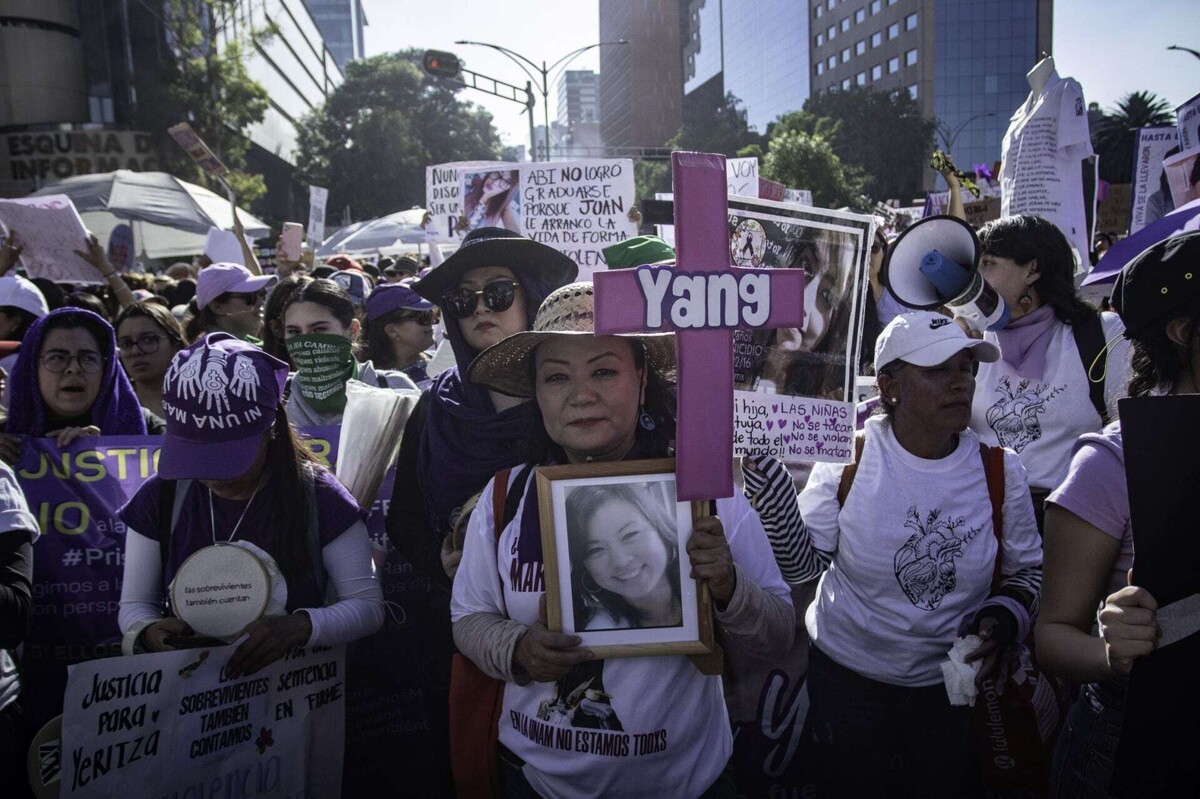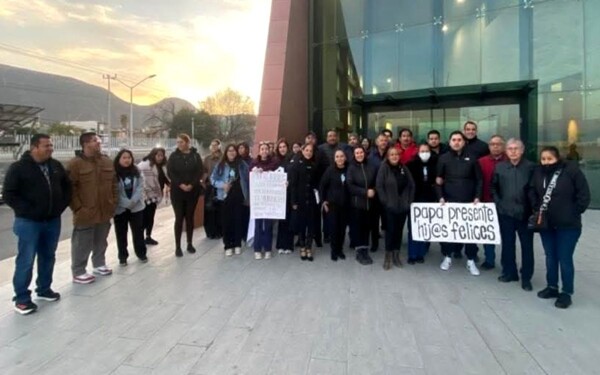
On International Women's Day, it is essential to recognize the need to change the systematic response of impunity to violence against women. More laws are not enough to address such a deep-rooted problem. Often, we see women who, even after leaving abusive relationships, continue to suffer various forms of aggression, especially when children are involved.
Separation does not stop the mistreatment if the judicial system allows perpetrators to continue exerting power over their victims through bureaucracy, non-compliance with obligations, and institutional revictimization. Unfortunately, the impunity in cases of violence is alarming; according to figures from Mexico Evalúa, 96.4% of reported rapes in the country go unpunished. The voices of women who report are often not heard.
While there are laws such as the Law on Women's Access to a Life Free of Violence, the Olimpia Law, and the Ingrid Law, their effective application is fundamental. The lack of commitment and preparation to enforce these laws properly is a significant obstacle. We need more than regulations; it requires will and real efforts to stop violence and protect women.
In Mexico, gender-based violence continues to claim victims, with a high number of femicides. Specialized prosecutors often fail to provide the necessary support to victims, even revictimizing them. Legal reforms such as the Olimpia Law and the Ingrid Law have emerged due to social pressure and women's fight for real change.
The lack of sensitivity and training of authorities responsible for addressing these cases has created a void of justice. Words that discourage women from reporting, such as "if it didn't leave marks, it's not physical violence," demonstrate the urgent need for social and judicial transformation. It is essential that laws are enforced rigorously and that victims of violence receive the necessary support and protection.
The creation of laws in Mexico to protect women is a significant advance, but we need tangible results. It is vital that reports are treated with the seriousness they deserve, that perpetrators face real consequences, and that authorities are fully committed to gender justice. Justice cannot remain just a concept; it must become a tangible reality for all women suffering from violence.














